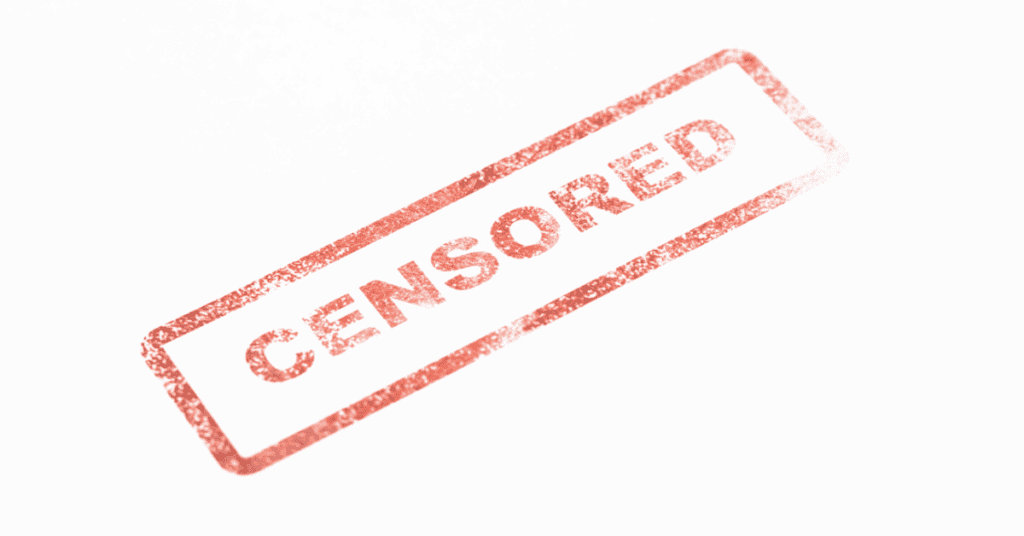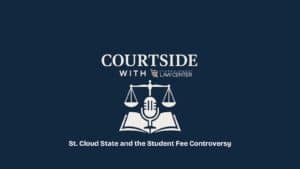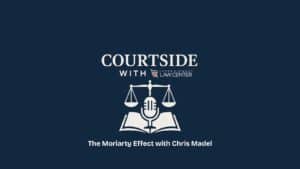In a ruling with far-reaching consequences for free speech and political discourse in Minnesota, the federal District of Minnesota has upheld a new law restricting election-related political speech in Minnesota Voters Alliance v. Ellison. The Upper Midwest Law Center (UMLC) and Liberty Justice Center (LJC) represent the plaintiffs: Minnesota Voters Alliance (MVA) and three MVA volunteers and supporters who believe in free political discourse. The plaintiffs respectfully disagree with the Court’s decision and intend to appeal to the Eighth Circuit Court of Appeals because the law violates their constitutional rights and improperly criminalizes good-faith political statements about voter eligibility.
The law, which took effect in June 2023, allows the Attorney General, County Attorneys, and individual political activists to haul Minnesotans into court to defend what they characterize as “false” statements regarding voter eligibility within 60 days of an election. The recent passage of the Felon Voting Law provides a good example of the dangers of this “speech code.” The plaintiffs believe the Minnesota Constitution does not allow felons to vote unless restored to their “civil rights”—something they believe the newly passed Felon Voting Law fails to do. The Minnesota Supreme Court failed to address that issue in the recent Minnesota Voters Alliance v. Hunt, so it remains unclear whether the Felon Voting Law is constitutional. The plaintiffs wish to advocate for their view of this hot-button political issue without fear of reprisal. Yet because of the speech code, UMLC’s clients are under threat of prosecution for political statements they believe, in good faith, to be true.
“We respectfully disagree with the Court’s decision,” said James Dickey, UMLC Senior Counsel. “This Speech Code, passed by the left-wing Legislative majorities and signed by Governor Tim Walz last year, allows the Attorney General, a County Attorney, or any other person to take good-faith Minnesotans to court over their speech about election-related political issues just because they disagree with it. It tramples on the free marketplace of ideas and is unconstitutional. As long as it is in force, our clients and the rest of Minnesota continue to be subject to an unconstitutional gag order on hot-button political issues like the new unconstitutional Felon Voting Law. We plan to appeal.”
Reilly Stephens, Counsel at the Liberty Justice Center, said: “Calling a political opponent’s claims false is one of the most common forms of political advocacy in American history. This law allows those with the money and time to bring bad lawsuits to call Minnesotans into court to defend their speech. This is an obvious violation of the First Amendment, which guarantees robust political discourse without hemming and hawing over how to precisely phrase that discourse. The law chills true political speech, and we will call on the Eighth Circuit to reverse this decision and issue an injunction.”
Click here to read the decision by the federal District of Minnesota.




